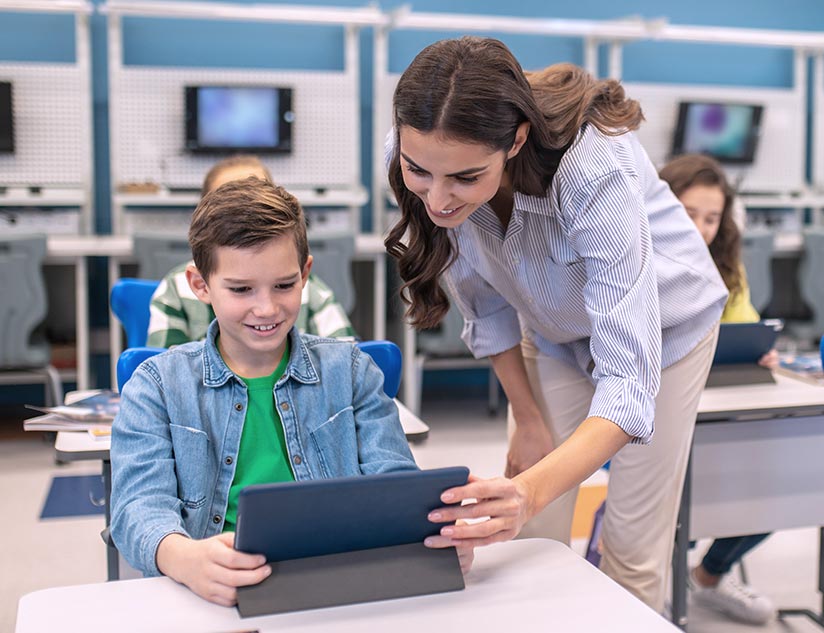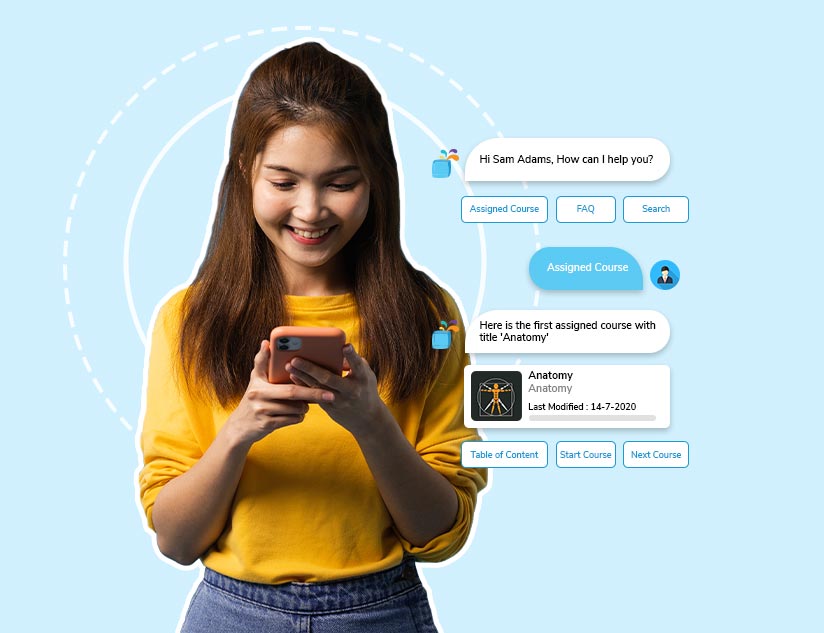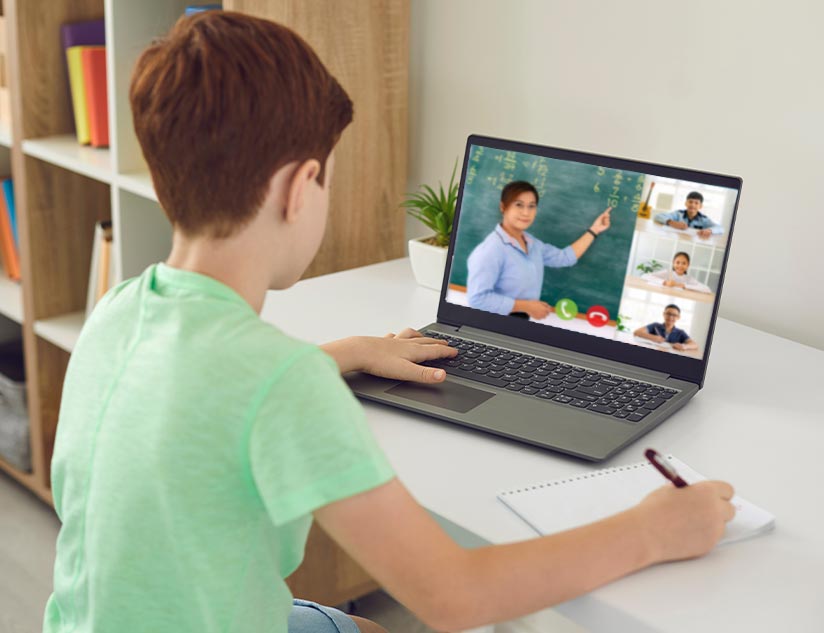The closure of schools, due to the COVID-19 pandemic, has impacted almost 1.2 billion students, or 67.6% of all the learners enrolled worldwide. In the past, a situation like this would have meant complete loss of education for the duration of the crisis, similar to what was seen during the 1918 Spanish Flu pandemic. The closure did help contain the spread, but students lost out on months of school. Instead, children were involved in household chores or jobs, such as delivering newspapers.
Fortunately, advances in technology have provided an alternative to physical classrooms during the coronavirus crisis. Schools all over the world have resorted to online learning, through various apps and learning management systems (LMSes). Not only has this helped ensure continuity of education, EdTech has enabled remote learning to be more accessible, engaging, and affordable.
Despite these benefits, teachers and schools have faced some challenges in switching to the online mode of teaching. In fact, in a 2017 survey, it was found that only 9% educators felt comfortable teaching in an environment that was completely virtual. This situation wasn’t very different in 2020.
But this has to be expected. Online learning is different from in-person teaching, requiring an entirely different set of skills and tools. But it is not something that teachers cannot get a hang of. In fact, here are 5 tips that can help teachers master online teaching in an increasingly online world.
1. Get the Right Tools and Master Them
Imagine taking a real-life class without a blackboard or physical books. It would be tough, right? Similarly, if you don’t have the right tools for online education, your task would become much more difficult. In case of online learning, there are excellent EdTech tools that can all be integrated on a single platform to help teachers create enriching and engaging lessons. In addition, interactive videos, gaming and multimedia elements make it much more interesting for students.
MagicBoxTM is a powerful platform that easily integrates with the existing online ecosystem and LMS being used by the school, so that teachers don’t need to put in huge amounts of effort to master new technology. In addition, being compliant with regulations and industry standards, such as FERPA, COPPA, WCAG and much more, accessibility and safety of students is ensured.
Once you have the right tools, take the time to master them. After all, how a tool is only as good as the person using it.
2. Make Sure Your Face is Visible
You might not realize it but showing your face to the students can make a big difference to the lessons. A study published in the Journal of Educational Psychology revealed that students preferred lectures in which the face of the instructor was visible. The study also found that students who viewed lectures with the teacher’s face visible in them, showed lower attrition and cognitive load. So, for more effective lessons, be sure your face is always there.
3. Add a Human Touch
Teachers like interacting with students in real classrooms, and even feed off the energy. This is why some teachers can have difficulties with an online environment. The solution is to not do just a standard boring instructional lecture in video format. Instead, infuse your passion and personality in it, like you would do in real life. Try to use humor and hand gestures in your lectures and add a personal touch.
4. Take Advantage of Asynchronous Time
Online teaching is not just about face to face online lessons. But it also allows you to engage with students when the class isn’t “in session.” During this time, you can engage in discussions with the students. You can create discussion groups or chat groups for this. This also provides the opportunity to solve problems that some student might not feel comfortable discussing before the entire class. You can also communicate with students who are unresponsive in the class, to know if they have any problems.
5. Reflect
Lastly, you need to take some time out and reflect on your performance. Online teaching is new for many teachers and it will take time to become totally comfortable with it. Some of the questions you can ask yourself are:
- What are the trends in the participation of students and what are the reasons for it? To improve participation, you can try things such as changing the time when you post certain lessons.
- How can you make the digital classroom more meaningful, accessible, and inclusive?
- How are the student doing academically and emotionally?
If you are using a robust online platfom, then answering these questions can get easier as well. Advanced content creation and distribution platforms, provide detailed analytics about each student’s progress and learning behavior. So, if a student is lagging behind on a topic, you can know about it immediately and offer personalized support.

Apart from all these, ensure that you provide timely and detailed feedback to the students. This helps in improving student performance. This is another area where advanced learning management systems such as MagicBoxTM can be extremely useful, allowing you to conduct video assessment and offer personalized feedback.

The time to take online learning beyond just the use of video conferencing apps, such as Zoom and Microsoft Teams, is now. So, make online teaching effective and easy with the help of MagicBoxTM. Contact us to know how.















